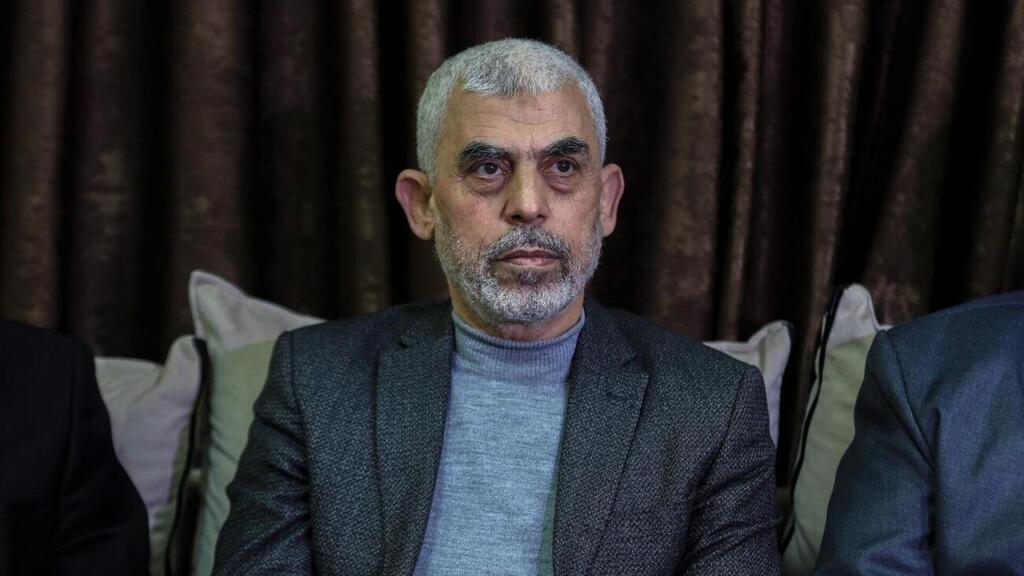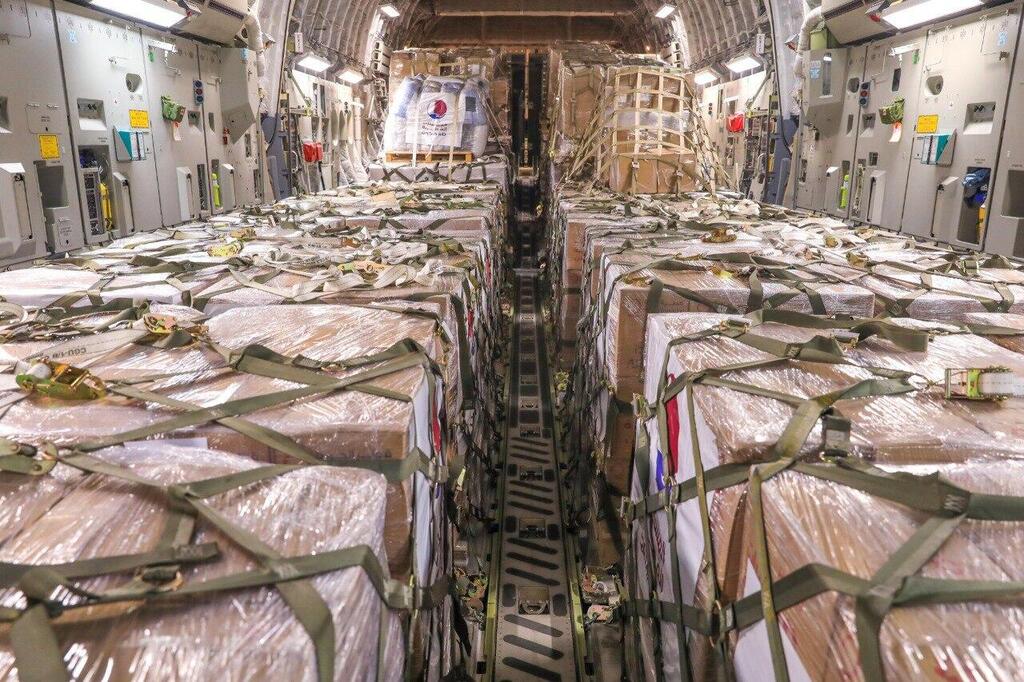Getting your Trinity Audio player ready...
Israel's senior officials affirm their commitment to advancing a deal that would result in the release of the hostages, as Israel believes paying a price is worth considering for such an agreement. However, power dynamics have shifted. While initially, Hamas promoted a prisoner-for-hostage deal, the focus has now shifted away from prisoners. The primary demand of the terrorist organization is the cessation of the war, additionally demanding Israel's complete withdrawal from the Strip, along with international guarantees to maintain its authority in Gaza.
Read more:
Expressing optimism for a potential breakthrough, a senior Israeli official revealed today that Israel is actively engaging with various channels including Qatar, Egypt, and the United States. The official highlighted the mutual interest shared by Hamas and Israel in achieving a significant ceasefire, as Israel continues its military advancements in the southern Gaza Strip. Recognizing the possibility Hamas may seek a cessation of hostilities to regroup, the official emphasized Israel's readiness to halt the fighting. The hope is that a convergence of interests can be achieved.
Regarding the medication deal implemented this week, Israel acknowledges there have been no indications thus far that hostages have received the necessary medication. Pointing to Qatar's involvement in negotiating the transfer of medication to the hostages, the Israeli official stressed the importance of continued pressure from Qatar to ensure its implementation. The official stated, "There is still no indication that this has happened."
When asked about Hamas executing hostages, an Israeli official responded by stating, "I am aware that Hamas has killed hostages in various situations. Yehudit Weiss, Noa Marciano, Itai Svirsky, and Yossi Sharabi were all murdered while in captivity. Each case had different circumstances. In some instances, we are still uncertain about the cause of their deaths. It is important to note Hamas's allegations of the IDF harming the hostages are false."
"The Gaza Strip is a war zone. It is not a safe space but a very dangerous one. A huge intelligence effort is being made to get information, to be careful not to harm them. The dangers were there all the time," said senior officials in Israel, highlighting the significant efforts being made to locate the hostages using military technologies and developed methods.
In the meantime, Prime Minister Benjamin Netanyahu, at the initiative of Brigadier General Gal Hirsch, the Coordinator for Prisoners and Missing Persons, will meet with the families of hostages on Monday at the Prime Minister's Office in Jerusalem. This will mark Netanyahu's 10th meeting with hostage families since the outbreak of the war.





